Students and community members of Nepali descent in Baldwin expressed concern and satisfaction this week with the apparent resolution of political protest in Nepal.
According to Time.com, the unrest began when young people on social media criticized the children of prominent politicians, alleging misuse of taxpayer money. The government eventually shut down 26 social media sites in the country, leading to mass protests on Sept. 8.
Government security forces opened fire on the protesters, killing 19 that day.
“Everybody knew there was going to be a Gen Z protest on that day,” Whitehall resident Ambika Giri said. “Nobody expected so much to happen, though. There are always protests in Nepal. None of them ever changed anything before.”
Two of the deaths from the protests occurred in Itahari, a city in Nepal where Giri’s younger brother lives. He left the protest as soon as the gunshots started, to the relief of his sister.
Unfortunately, the gunshots at the protests were not the only source of injury.
The next day, the prime minister resigned. But some protesters were not satisfied, and they burned people’s homes and businesses to the ground, with 34 people needing hospitalization, New York Times reported.
Senior Shalina Ghimirey said she believes violence is inevitable in such big movements.
“There’s always going to be violence in protests, and there’s not much we can do about it,” Ghimirey said.
To her, the burning of the Parliament, specifically, represented new beginnings and it showed that the Nepali people were remaking the foundations of the country.
Giri, though, had a different perspective on the arsons.
“I feel like bad people took advantage of the Gen Z movement and looted innocent peoples’ business,” Giri said.
The BBC reported that Gen Z group leaders denied affiliation with the arsonists, claiming that their movement was “hijacked” by “opportunists.” Many young people, including early teens, took to the streets the same night to clean up garbage and debris from the protests.
Giri hopes for there to be a memorial to honor those who died in the fight and aid given to the people affected by the arsons.
Senior Reshma Timsina said that focusing too much on a few bad apples from the arsons takes away from the sheer impact of the movement as a whole.
“They removed the corrupt leaders, chose an interim prime minister, and cleaned up the streets in less than a week.”
The interim prime minister is Sushila Karki, a 73-year-old former chief justice and activist. She was previously impeached from her position as chief justice due to her staunch anti-corruption stance, The New York Times said.
Karki was the first female chief justice and, now, the first female prime minister. Her strength and knowledge had led her to be an inspiration for many women, including Giri, for years.
Her election has been a point of amusement for some because it took place on Discord, an app used by young people to play games with their friends.
Karki’s inauguration came as a relief to Ghimirey, Timsina, and Giri. Her clean image and the determination shown by the Gen Z protesters give hope that the nation will prosper without the corruption holding them back, they said.
“So many innocent people – children – died fighting for this,” Giri said, referring to the young protesters. “I hope, for their sake, the country moves forward.”

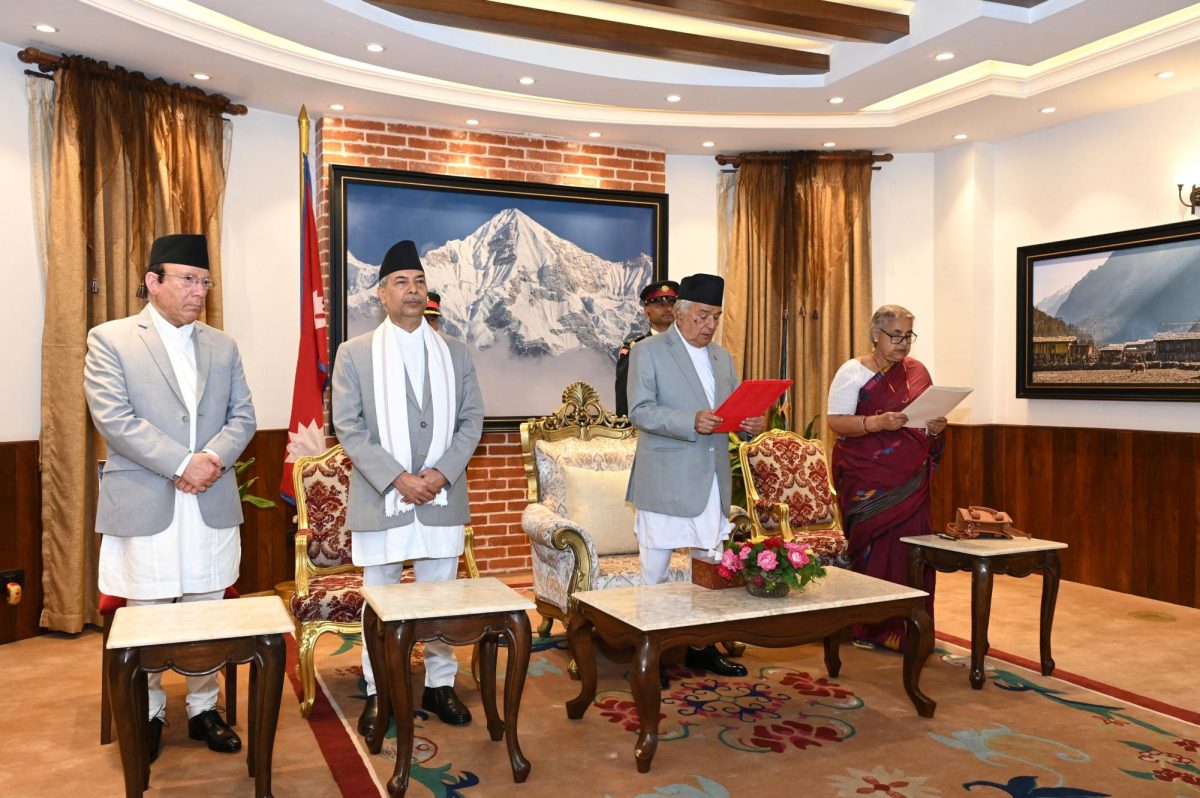


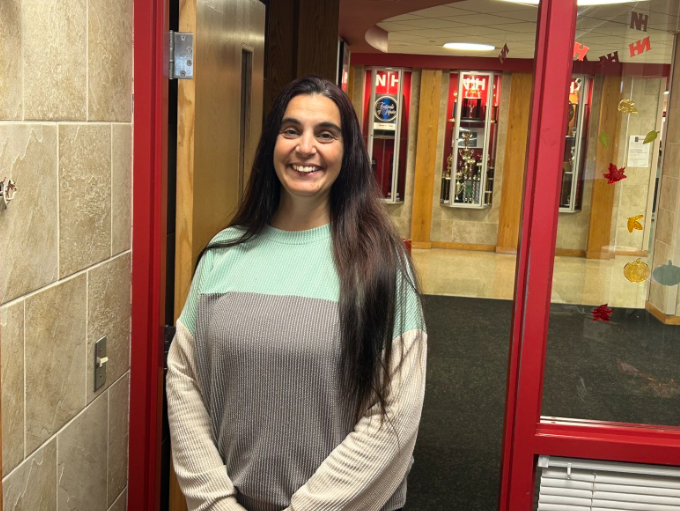



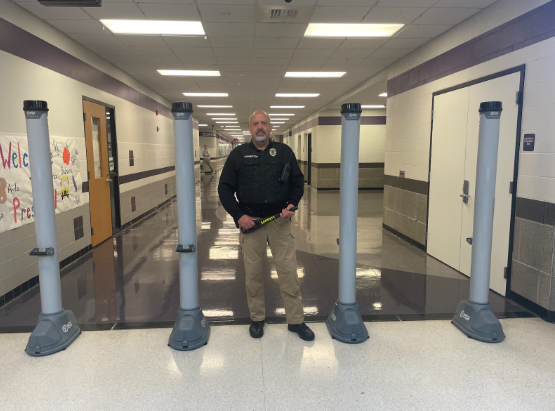
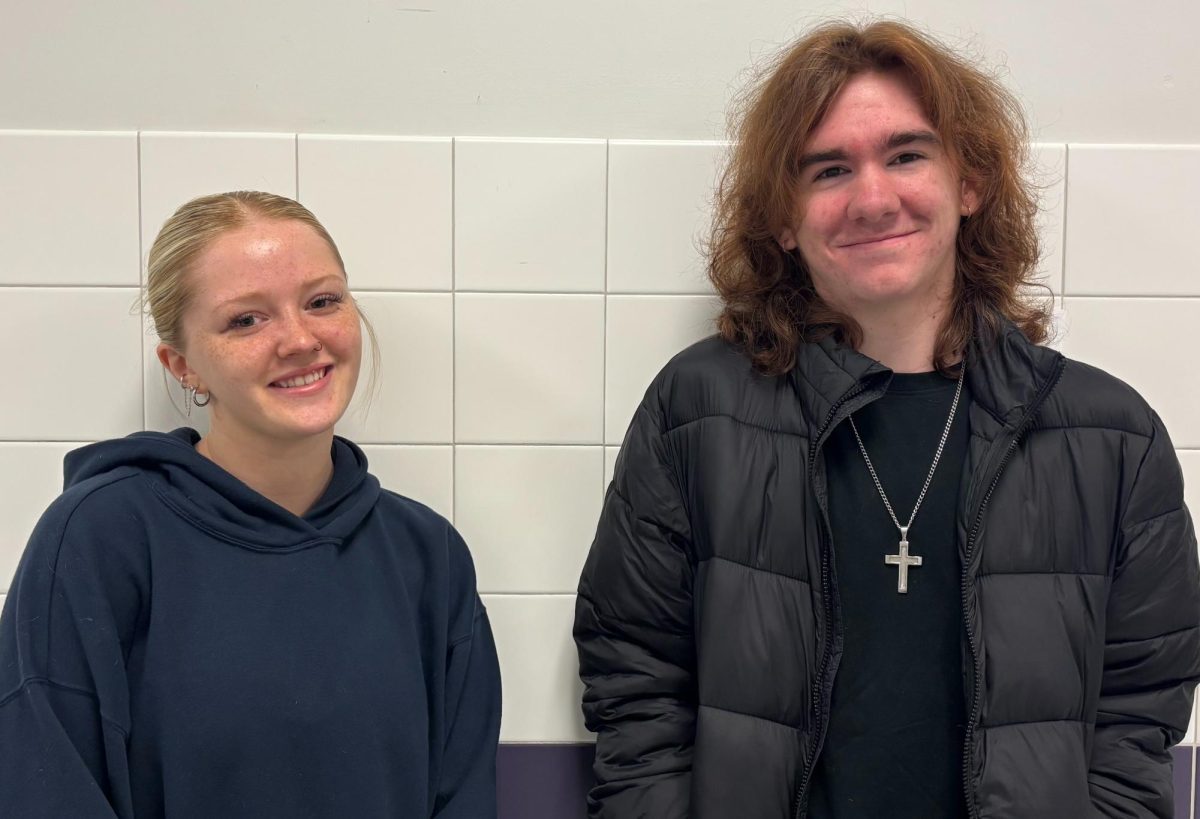
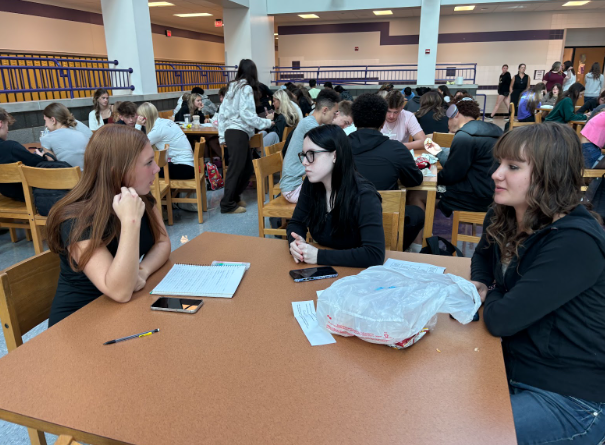



Saurav • Sep 17, 2025 at 10:24 pm
Awesome content